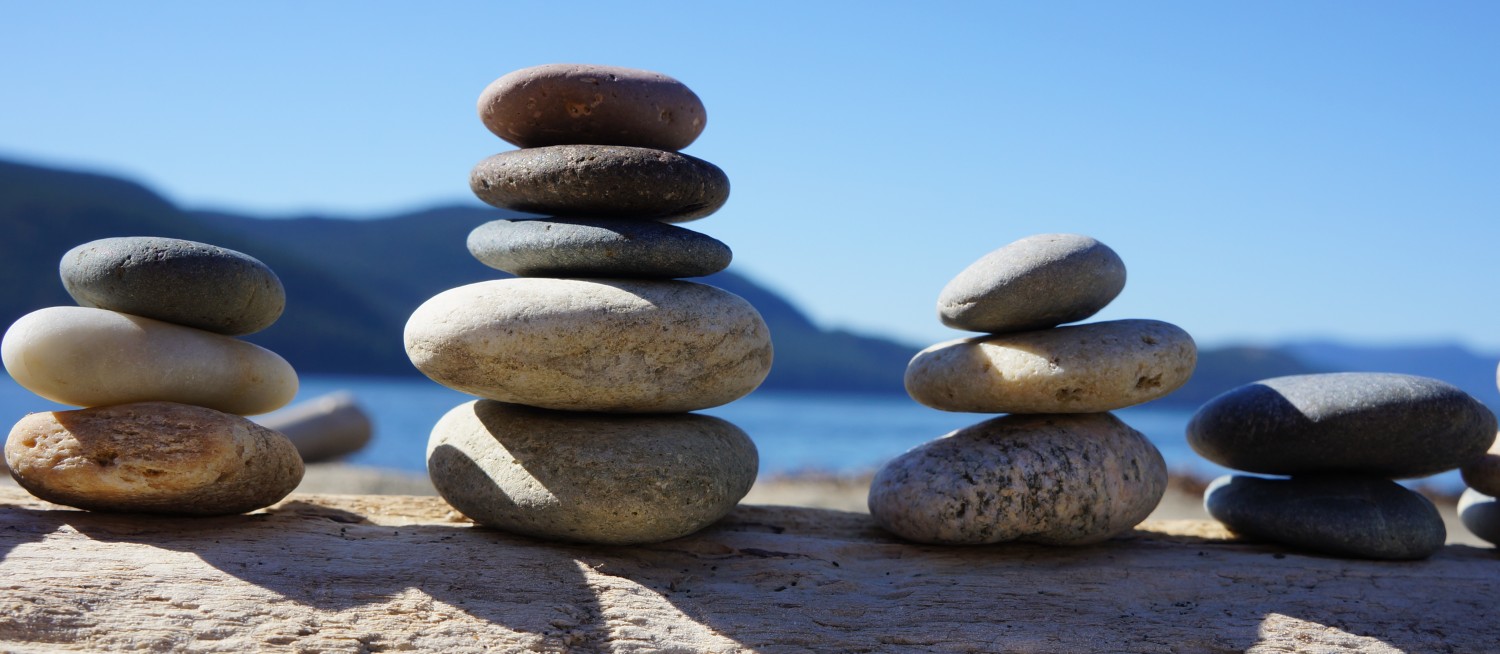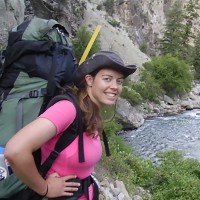College of the Environment Scholarships
The College of the Environment is pleased to announce the availability of undergraduate student scholarships for the 2015-2016 academic year.
This announcement is also located at: http://coenv.washington.edu/students/undergraduate/funding-costs/college-of-the-environment-scholarships/
Deadline: April 17, 2015
CLARENCE H. CAMPBELL ENDOWED LAUREN DONALDSON SCHOLARSHIP
This scholarship is made possible by the generosity of Clarence H. Campbell in memory of Lauren “Doc” Donaldson. Professor Lauren “Doc” Donaldson earned his MS and PhD degrees from the University of Washington in 1931. He served on the faculty of the School of Fisheries from 1932 until his retirement in 1973. Doc was a world-renowned expert in development of fish stocks, and trained countless students in freshwater fisheries research and management. Clarence Campbell, ’30, established this fund to recognize Doc’s lasting influence.
Eligibility:
These scholarships are available to any student (undergraduate or graduate) pursuing a degree in The School of Aquatic and Fishery Sciences, The School of Marine and Environmental Affairs, or the School of Oceanography. Previous recipients may re-apply. Award decisions will be based upon academic merit and financial need. Individual applications from graduate students are not accepted. Graduate student recipients are recommended by their unit during the admission process.
COLLEGE OF THE ENVIRONMENT SCHOLARSHIP
This scholarship is made possible by the generosity of donors. The scholarship was created to support both undergraduate and graduate students pursuing degrees in the College of the Environment.
Eligibility:
These scholarships are available to any student (undergraduate or graduate) pursuing a degree in the College of the Environment. Previous recipients may re-apply. Award decisions will be based upon academic merit and financial need. Individual applications from graduate students are not accepted. Graduate student recipients are recommended by their unit during the admission process.
DEL RIO ENVIRONMENTAL STUDIES SCHOLARSHIP
The Del Rio Family Foundation established the Del Rio Endowed Scholarship Fund for Environmental Studies to encourage and support students with an interest in the environment who are participating in the Educational Opportunity Program, which promotes academic success and graduation for under-represented ethnic minority, economically disadvantaged and first generation college students at the University of Washington. The Foundation hopes that through their studies and participation in real-world environmental research and problem-solving, students will broaden their personal horizons to include issues of global concern and will develop a passion and the skill set for making a difference in the world.
Eligibility:
These scholarships are available to freshmen or transfer students who are pursuing or plan to pursue a degree in the College of the Environment and who plan to participate in the Educational Opportunity Program. The Del Rio Environmental Studies Scholarship is part of the “Students First” program at the University of Washington (UW). Recipients will be eligible for continued scholarship funding as long as they meet satisfactory progress requirements. Award decisions will be based upon financial need, and, secondarily, academic merit.
NANCY WILCOX SCHOLARSHIP
This scholarship is made possible by the generosity of former UW Provost Phyllis Wise, who established it to support students pursuing degrees in the College of the Environment. Dr. Wise named the endowment in honor and memory of her late sister, Nancy E. Wang Wilcox, a middle school teacher who tried to develop the minds of young adolescents using creative and innovative ways of learning. It is this legacy that inspired Provost Wise to establish this endowment to carry on her sister’s commitment to helping others achieve their educational goals.
Eligibility:
These scholarships are available to entering freshmen or transfer students who are pursuing or plan to pursue a degree in the College of the Environment. The Nancy Wilcox Scholarship is part of the “Students First” program at the University of Washington (UW). Recipients will be eligible for continued scholarship funding as long as they meet satisfactory progress requirements. Award decisions will be based upon financial need, and, secondarily, academic merit.
YAKAMA NATION ENDOWED FUND FOR STUDENT SUPPORT
Tom and Arline Hinckley established the Yakama Nation Endowed Fund for Student Support to support the recruitment and retention of prospective and enrolled undergraduate and graduate Yakama Nation tribal member students within the College of the Environment, and to connect University of Washington students to the Yakama Nation via field trips and other informal and formal exchanges.
Eligibility:
These scholarships are available to any Yakama Nation tribal member student (undergraduate or graduate) pursuing a degree in the College of the Environment. Previous recipients may re-apply. Award decisions will be based upon academic merit and financial need. Individual applications from graduate students are not accepted. Graduate student recipients are recommended by their unit during the admission process.
AWARD AMOUNTS:
Award amounts for all scholarships will vary depending upon financial need, but typically range from $2,500 – $6,500 annually for undergraduates and from one to three quarters of tuition for graduate students. Awards are distributed over the course of the Autumn, Winter and Spring quarters the following academic year, paid directly to the recipient’s student account.
TO APPLY:
You’ll need to submit:
1. Complete the Scholarship Application Survey.
2. Submit the following to the Scholarship and Funding Committee Dropbox.
- Unofficial transcripts from UW (or community college/HS transcripts if at UW less than 2 quarters)
- Personal Statement (1 page maximum) that indicates in the header which scholarship(s) you are applying for and includes the following separate sections:
Statement of Academic and Professional Goals: Please include your intended major if you are undeclared. Please describe your academic and professional goals. Comment on your progress towards completing course requirements for your major/degree. Describe any other relevant experiences that have influenced your academic path.
Statement of Financial Need: If applicable, please describe circumstances creating financial need and the impact of the scholarship on your annual financial need.
By submitting your application materials, you are giving the committee permission to contact the Office of Student Financial Aid to verify your “unmet need” as determined by their evaluation of your Free Application for Federal Student Financial Aid (FAFSA). You must file a Current FAFSA to be considered for these scholarships. Contact the UW Office of Student Financial Aid for information on completing the FAFSA.
Questions? Contact coenvaad






You must be logged in to post a comment.